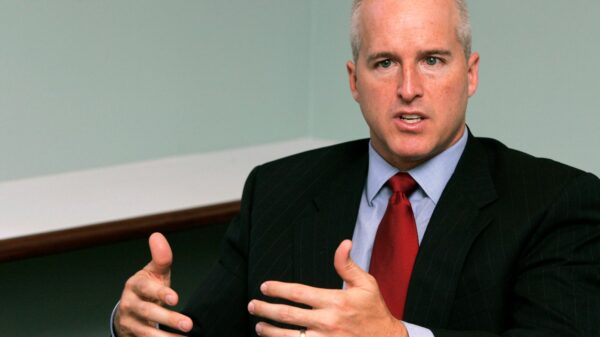Texas hospitals and clinics have narrowly avoided severe cuts to Medicaid, but looming challenges threaten the state’s health care system. While the recent federal legislation did not implement the most damaging provisions discussed by Republicans, concerns remain about rising uninsured rates and potential hospital closures.
The state’s Medicaid program currently serves over 4 million Texans, with eligibility primarily limited to children, pregnant women, seniors, individuals with disabilities, and parents earning below $300 per month for a family of four. Texas has not expanded Medicaid to cover individuals above the federal poverty line, which has kept the state from imposing new work requirements or reducing provider tax rates.
Hospital advocates, including John Hawkins, CEO of the Texas Hospital Association, expressed relief that the most detrimental measures were removed from the final bill. However, despite avoiding immediate catastrophe, Texas is projected to lose approximately $1.2 billion in Medicaid funding due to the changes in the legislation. Conversely, the state stands to gain $1.6 billion from the inclusion of a rural hospital fund over the next five years, according to estimates from the National Rural Hospital Association.
Long-Term Concerns for Texas Hospitals
While the immediate impact of the bill may be less severe than initially anticipated, the long-term implications raise significant concerns. The tax structure allowing jurisdictions in Texas to impose a tax of up to 6% on private hospitals remains, but these rates are now frozen. This freeze could hinder jurisdictions from generating new revenue to support rural hospitals, which rely heavily on Medicaid reimbursements.
The Senate’s establishment of a five-year, $50 billion fund for rural hospitals aims to mitigate potential revenue losses. For the first half of the program, funds will be distributed equally among states, which poses a challenge for Texas due to its larger population. However, in the latter two and a half years, funding will be allocated based on rural hospital expenditures, which may provide more support for Texas facilities.
Currently, 15 rural hospitals across the state are at risk of closure, and while the fund is designed to counterbalance Medicaid losses, its effectiveness will likely vary by region and institution. John Henderson, CEO of the Texas Organization of Rural and Community Hospitals, emphasized the uncertainty surrounding the fund’s impact, noting that the true test will come once the fund expires in five years.
Rising Uninsured Rates Threaten Health Care Stability
A significant increase in the uninsured population poses additional challenges for Texas’s health care system. Close to 5 million Texans currently lack insurance, and this number could rise by 1.7 million following changes to the Affordable Care Act (ACA) included in the recent legislation. The state’s high uninsured rate is likely to exacerbate existing issues within the health care infrastructure.
Health policy nonprofit KFF reports that many individuals are expected to abandon coverage, leading to poorer health outcomes. Increased occurrences of uncompensated care could place additional strain on hospitals, which are obligated to provide emergency services regardless of patients’ insurance status.
Free clinics, which play a pivotal role in delivering care to the uninsured, are particularly vulnerable. Brian Sasser, chief communications officer at the Episcopal Health Foundation, noted that some clinics derive over 50% of their revenue from Medicaid. With anticipated changes to Medicaid and ACA policies, many clinics fear they may have to reduce services or close entirely.
The Texas Association of Charitable Clinics, which supports approximately 75 member clinics serving over 220,000 uninsured Texans annually, has registered significant increases in patient volume. Executive Director Paula Walker remarked on the unprecedented demand, highlighting the risk of overwhelming these safety-net clinics if the number of uninsured continues to rise.
The health care fallout from the rising uninsured population could be dire. Individuals may forgo preventive care, leading to more severe health issues that necessitate emergency treatment. If access to regular care becomes limited, hospitals will face increased burdens, ultimately impacting their financial viability.
As health advocates like Lynn Cowles from the think tank Every Texan point out, the consequences of dropping insurance coverage can be fatal. Without timely medical intervention, individuals may suffer critical health events that could have been avoided with regular care.
In conclusion, while Texas has sidestepped immediate Medicaid cuts, the potential rise in uninsured individuals and the long-term uncertainties surrounding funding pose significant risks to the state’s health care system. Continued advocacy and support will be crucial to ensure that hospitals and clinics can maintain their services in the face of these challenges.








































































